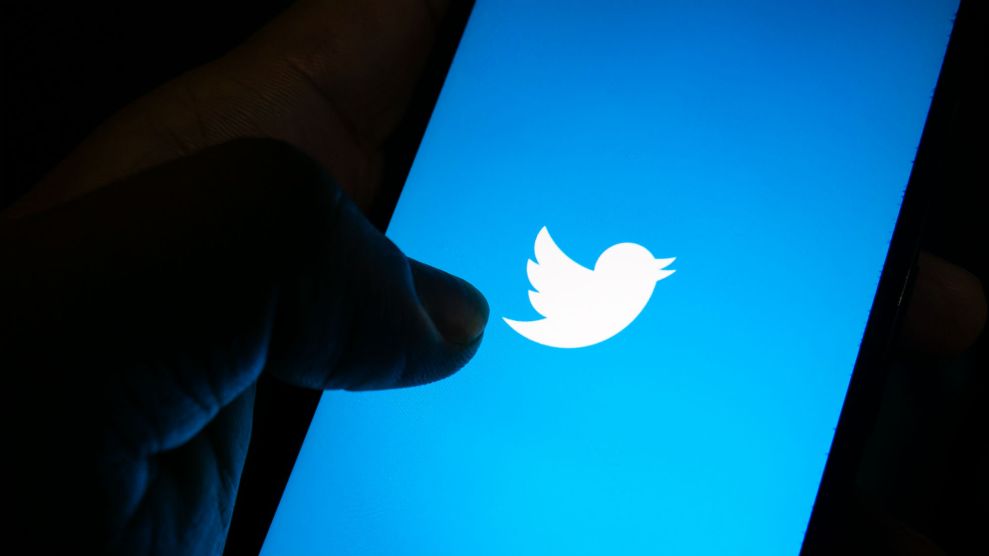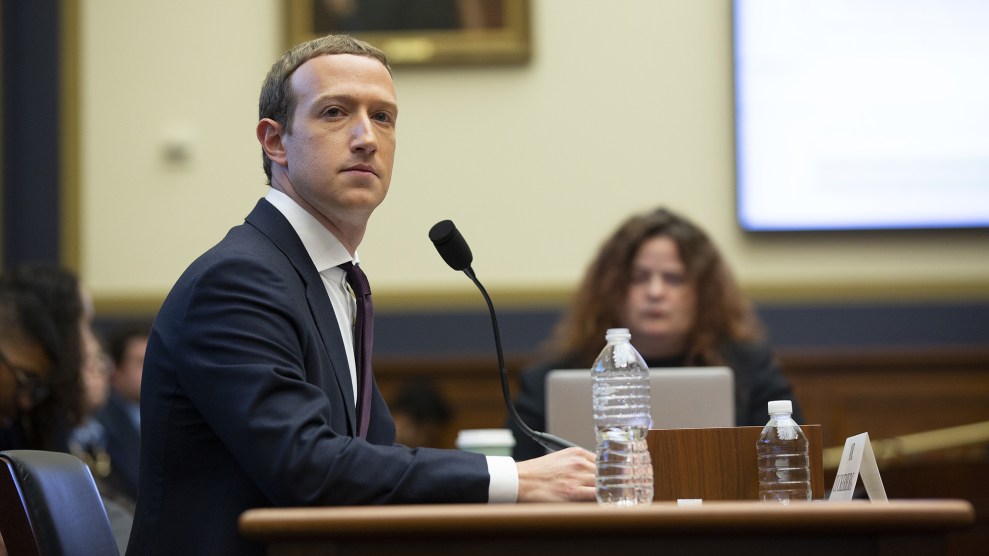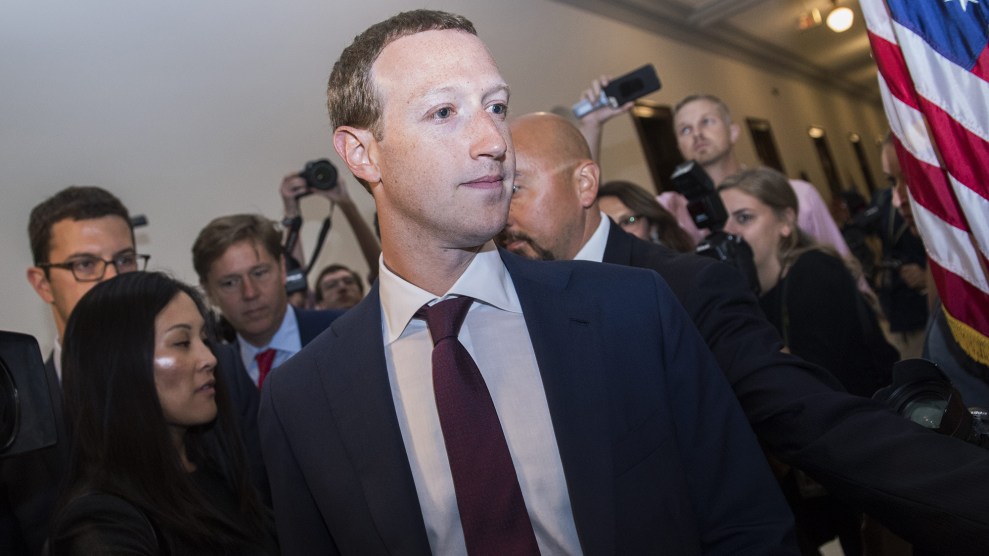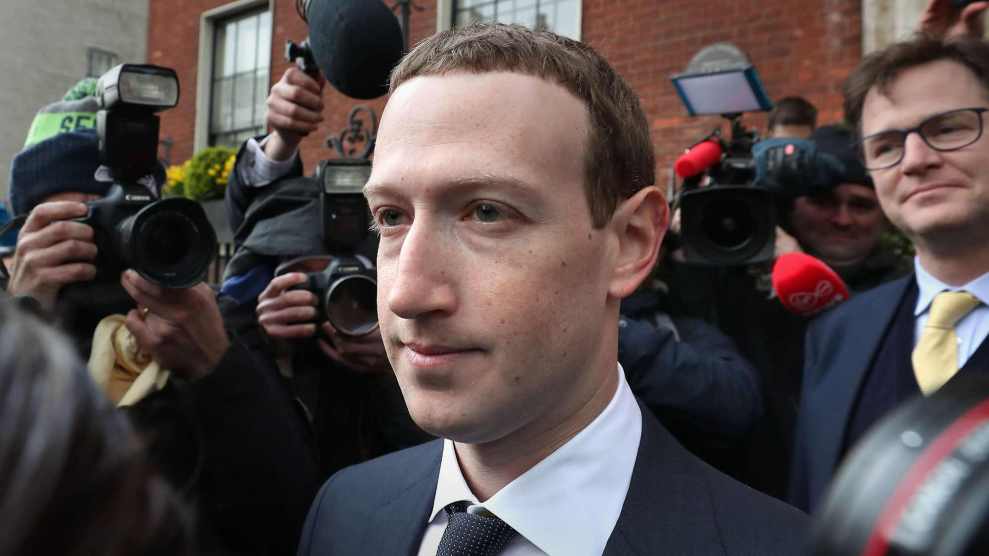
Shutterstock
Jack Dorsey, the chief executive officer of Twitter, announced on Wednesday afternoon that his company will no longer allow political ads on its platform.
“We’ve made the decision to stop all political advertising on Twitter globally. We believe political message reach should be earned, not bought,” Dorsey wrote in a tweet thread announcing the post. “While internet advertising is incredibly powerful and very effective for commercial advertisers, that power brings significant risks to politics, where it can be used to influence votes to affect the lives of millions.”
Dorsey said that Twitter would share more updates about the new policy on November 15 and start enforcing it by the next week.
The decision comes amid the heavy criticism Facebook has received in the last several weeks over its decision to allow politicians to run misleading and outright false ads on its platform. Dorsey appeared to take a subtle shot at Facebook’s position in his tweet thread.
For instance, it‘s not credible for us to say: “We’re working hard to stop people from gaming our systems to spread misleading info, buuut if someone pays us to target and force people to see their political ad…well…they can say whatever they want! 😉”
— jack 🌍🌏🌎 (@jack) October 30, 2019
Dorsey’s announcement called for further regulation of the online political advertising industry, as he argued it was “worth stepping back” to reconsider whether “today’s democratic infrastructure” is “prepared to handle” the kinds of advertising his company has helped make possible.
Facebook CEO Mark Zuckerberg has defended his company’s decision saying that “I don’t think most people want to live in a world where you can only post things that tech companies judge to be 100 percent true.”
But the company has been hammered for its position, particularly from Democratic lawmakers, who are frustrated that it allows politicians to lie with impunity. Some, like Sen. Elizabeth Warren (D-Mass.) and Rep. Alexandria Ocasio-Cortez (D-N.Y.), have tested the limits of the policy. Earlier in October, Warren bought a Facebook ad falsely alleging that Zuckerberg had endorsed Trump.
During her line of questioning in a recent Congressional hearing with Zuckerberg, Ocasio-Cortez asked the Facebook CEO if it would be possible for her to buy ads saying that Republicans had voted in support of the Green New Deal. Zuckerberg replied that he wasn’t sure but that it would “probably” be okay.
Facebook has further irritated civil rights groups with its new position on political disinformation. The policy has even frustrated its own employees, some of who circulated a letter in protest, obtained by The New York Times. Around 250 employees had signed the letter at the time it was published.














